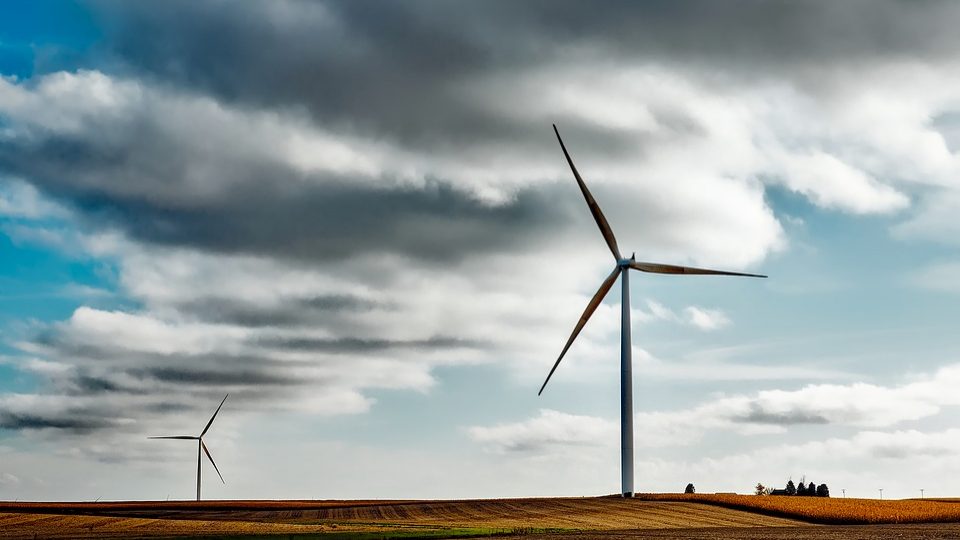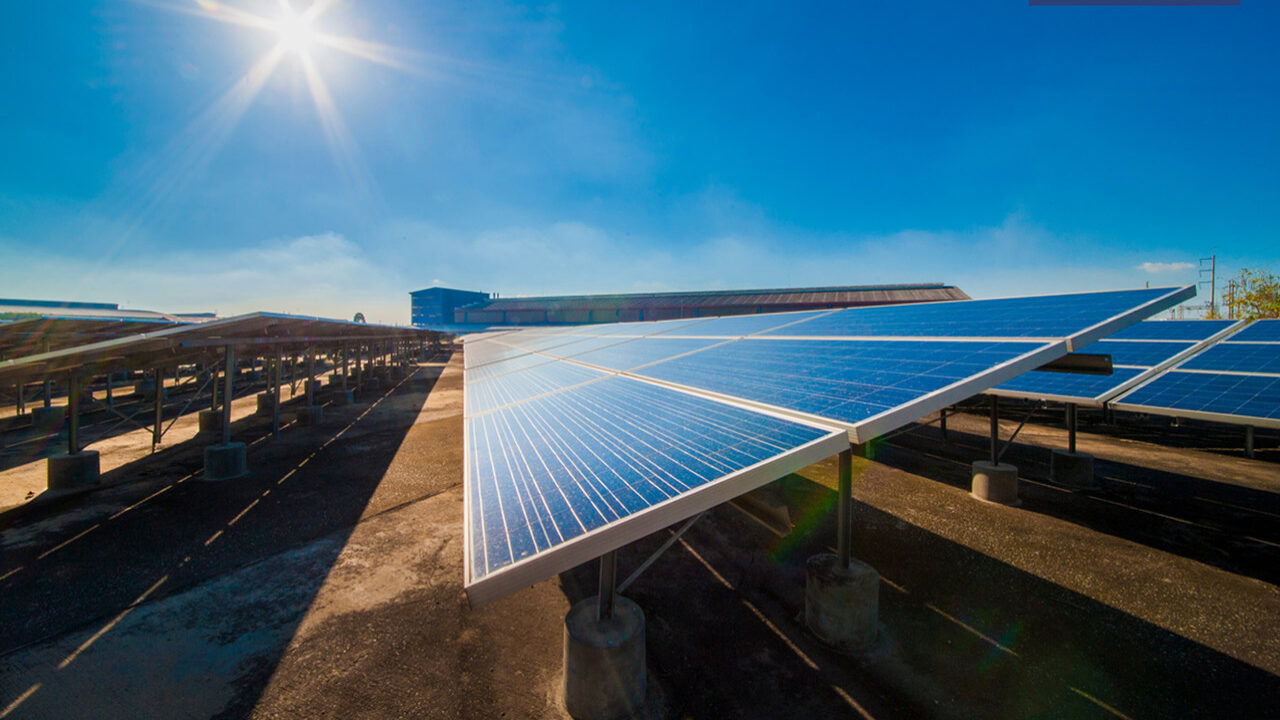IberBlue Wind prepares bid for Portuguese offshore wind auction in 2023
"We want to be leaders in the Spanish and Portuguese market," guaranteed Adrian de Andrés, vice president of IberBlue Wind, this Monday in Madrid.
Portugal and Spain have a new player in the floating wind energy market. The IberBlue Wind consortium announced Monday its entry at the national level under the promise of increasing power generation capacity through floating wind farms in Iberia and having a presence in the offshore wind auction that the government promises to launch next year.
Due to the partnership born between two Spanish companies, Proes Consultores and New Energy Ventures, and an Irish company, Simply Blue Group, IberBlue Wind guarantees to have the capacity to take on all phases of offshore wind farm development and promises to install wind farms, each with more than 500 megawatts (MW) of installed power, in at least four locations. Each infrastructure will cost €3 billion, with a 30-year life cycle. The goal is to reach 2 gigawatts (GW) of offshore wind power in Portugal and Spain when António Costa’s government is preparing to launch an auction in 2023 with a capacity of up to ten GW.
“We want to be leaders in the Spanish and Portuguese market,” guaranteed Adrian de Andrés, vice president of IberBlue Wind, this Monday in Madrid, adding that the bet will allow the creation of several direct and indirect jobs. The team has ten people, but they intend to reach 50 as soon as they move forward with the development phase.
In Portugal, the first two projects will be born in the Centre and North, as these two locations have a high potential wind resources, good infrastructures and human resources, considered by Adrian as “very good”. In the coming months, specific projects will be made public, says the vice president. As for the southern region of the country, IberBlueWind’s vice president said in response to ECO that Sines is an area with “enormous potential” given the infrastructure installed in the port. The expectation is that Algarve will not have an IberBlue Wind infrastructure soon, given its low wind capacity and tourist situation. Despite recognising that expansion will be “more difficult”, Adrian de Andrés does not rule out the installation of the infrastructure in that region.
During the presentation of the project, António Sarmento, president of WavEC Offshore Renewables, said that in Sagres, there is a “huge and strong wind resource, but it is difficult to find suitable areas”. Already in Sines, although the conditions are “good because of the port”, the water depth and the electricity grid, thanks to the closure of the thermal power station, “the resource is not very strong”. “From an economic point of view, it may be less interesting,” he added.
In Spain, the company intends to start operations in Andalusia and Galicia, one of the communities considered by the consortium to have the highest projection in this type of renewable energy.


